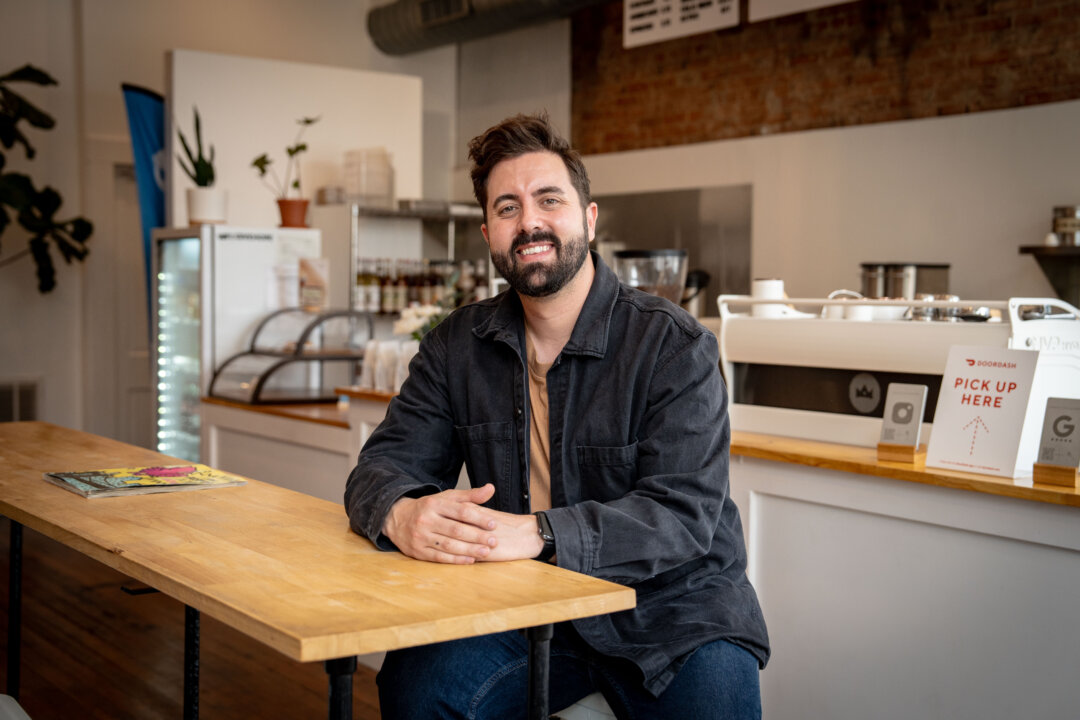Again on this question of schooling, I begin with the anthem. Here every creed and race find an equal place. If that is the case, then why is there need for competition when it comes to placement in secondary schools? Why do we need the Secondary Entrance Assessment (SEA)? We have no equivalent of the SEA to determine who gets a bed in one of our hospitals.
If you are sick, you go to the nearest hospital. But we are a scampish country, and when it comes to education we show our true colours. It is my child versus the child down the street.

Or over the train line. We are running the SEA competition again, because the privileged sector of the populace wants it so. They fancy that their children will beat other children in academic competition.
In America for most of the country’s history, schooling was determined by the wealth of communities, which correlated with race. In the 1954 court case Brown v the Board of Education of Topeka, Kansas, it was found that separate schools are “inherently unequal”. They tried to use the school bus to correct that.
In this country we continue to use exams to determine what secondary school a child attends. But we do not use this system for primary schooling. Nor do we use it to determine the placement of the sick in hospitals.
But the population appears to like it so. I lived in Falcon Heights, Minnesota, for 18 years, and observed the children at the corner near my house each school day, as they waited for the school bus. The schools they attended serve particular geographic areas.
So the challenge here is that each locale must have good schools. Finland is said to have the prototypic school system. The website supporting it says that parents do not have to shop for schools.
Consistent good quality is assured. That is how we have conceived our hospital system here. There is not competition to determine where a citizen gets a bed.
Placement is made primarily by geography. If you live in Sangre Grande, the hospital there will be your first choice. But infant mortality does not vary with the locales of hospitals.
Education remains the primary way in which we structure inequality in this country. This is not a new phenomenon. All schools are not equal, and we solve that via competition to create the illusion of fairness or parity.
The logic is that if you did not pass for Presentation or one of the convents, it is your fault. You were not smart enough to beat the neighbour’s child. So, historically, the State has placed the burden of getting into a good school on children.
Unable to meet the challenge of a good school for all, the State continues to place that burden on families. So here we are in 2025, 63 years on from Independence, and later this year, children at age 11 will compete again for access to good schools. The school system itself continues to suggest by this exam that there is not an equal place for children of every creed and race.
They must fight it out on SEA day. The other day my granddaughter turned 11. She lives in America.
She does not have to compete in some exam to secure a place in a secondary school. Of course, in America, there is a different untoward logic relating to schools. By the choice of her parents, my granddaughter goes to a school attended predominantly by black children.
At Independence, our anthem promised that every creed and race would find an equal place. But it is part of our tradition that all schools, and hence all school places, are not equal—and so the State conducts an annual competition which shifts the burden for access to a worthy school from the state to parents. Education is the only public good I can think of, where citizens are blamed for poor quality, or where we must compete because of scarcity.
So if your child is placed in a school with sub-standard teachers, no science laboratories, and no library, then that is how it is. The parent is to blame. The child was too dunce to pass for a good school.
But in this country we do not conduct competitions for access to quality hospital beds, quality water, or roads, or the reliability of electricity. We accept that it is the role of government to provide these things all based on quality standards. But for some reason, we historically have accepted that education and schools will be of uneven quality, from one locale to the next, and that the onus would be on families to try to get their children to the best schools.
However, in Finland, the global prototype for school systems, the creed is that parents must not have to “shop” for a school. I attended Harmony Presbyterian school in Union Village, Marabella. Short years ago, with me now in my senior years, a former teacher from that school, now the late Samuel Nagessar, saw that I was in the papers and tracked me down.
He invited me to a function in the Marabella Presbyterian Church. The unstated issue was that I never wrote an 11-plus exam. We chatted amicably.
Water under the bridge. But really, age 11 should not be a decision point in the life of a citizen. The SEA is an abomination.
.
Politics

The SEA abomination

Again on this question of schooling, I begin with the anthem. Here every creed and race find an equal place. If that is the case, then why is there need for competition when it comes to placement in secondary schools?...















